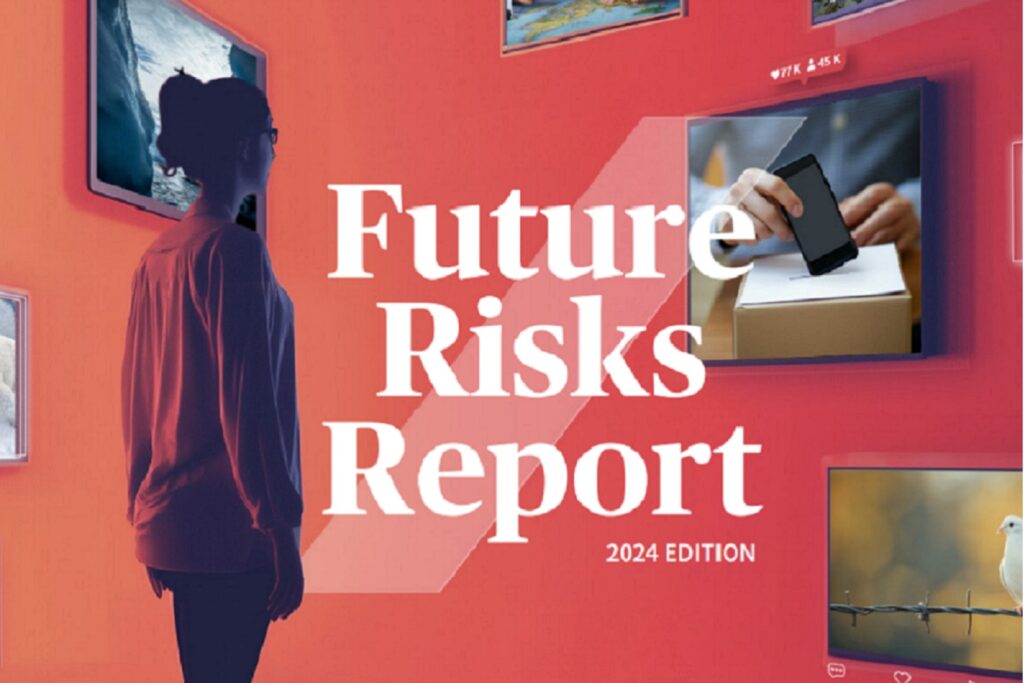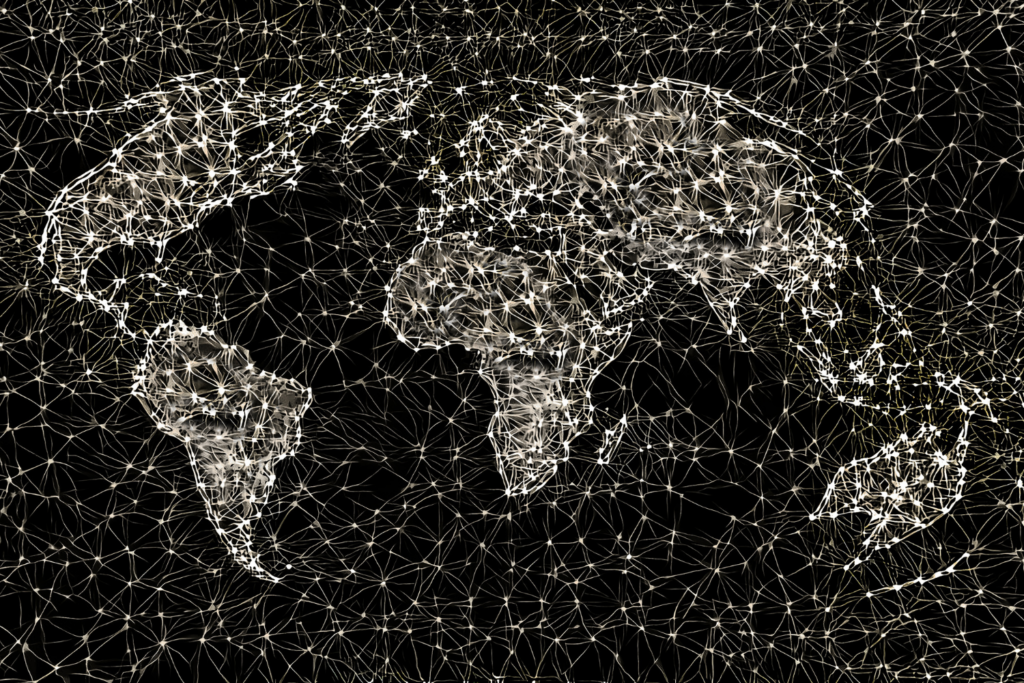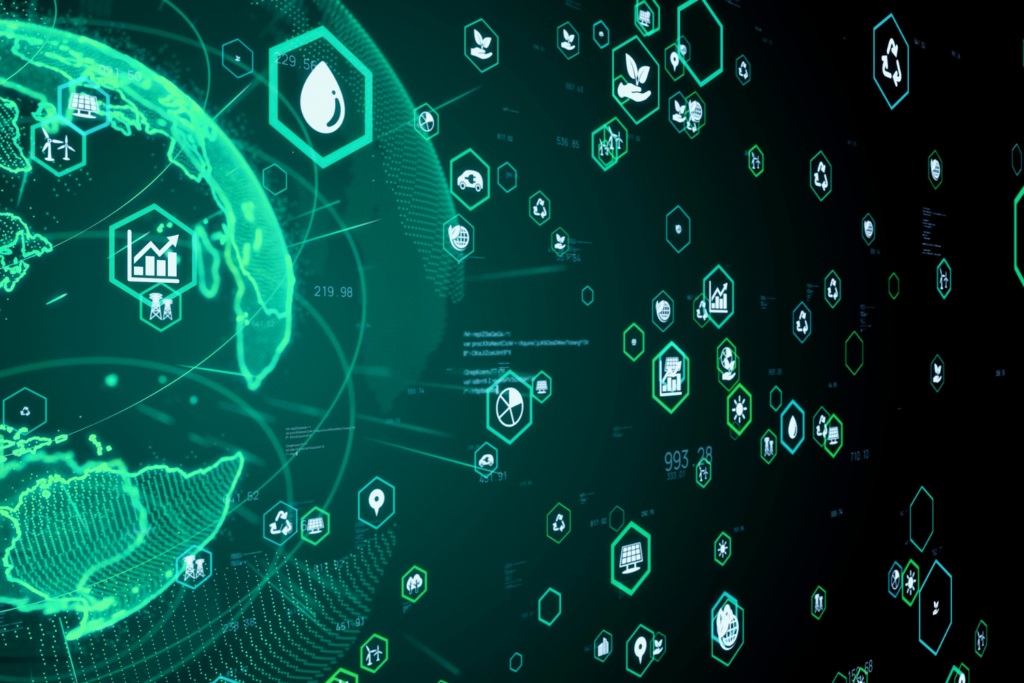Global Catastrophic Risk Assessment
This report summarizes what is known about the risks associated with six threats and hazards: artificial intelligence, asteroid and comet impacts, sudden and severe changes to Earth’s climate, nuclear war, severe pandemics, and supervolcanoes.
Global Catastrophic Risk Assessment Read More »









